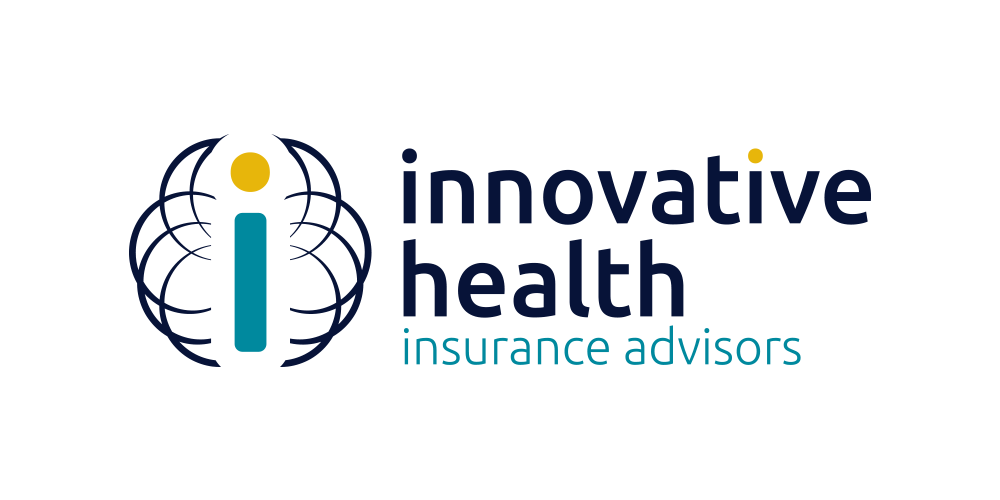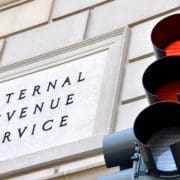Understanding the Affordable Care Act Individual Mandate
The Affordable Care Act (ACA) implemented an individual mandate, also known as the “individual shared responsibility provision” that requires that most Americans have qualifying insurance.
Read more about what Minor Medical is and what it covers here.
Until 2018, those who did not prove themselves to have health insurance when filing taxes were penalized. The Tax Cuts and Jobs Act of 2017 eliminated that requirement. Now, however, the financial penalty is repealed, but Americans are still required to have health insurance.
In order to stabilize the healthcare marketplaces, some states took it upon themselves to create state-wide individual mandates. This helps balance the marketplace because when healthy individuals have health insurance, it spreads the cost of care so those with chronic conditions do not end up paying as much.
States with Individual Mandates
Not all 50 states have individual mandates.
Only the following states participate:
- California
- The District of Columbia
- Massachusetts
- New Jersey
- Vermont
- Rhode Island
There are benefits and drawbacks to state individual mandates. According to the ACA Times, “These states’ individual mandates have resulted in greater healthcare participation but have also created challenges for employers and their ACA compliance efforts.”
For example, in 2022, a record number of people (over 15 million people) enrolled in health insurance coverage.
States Considering Implementing Individual Mandates
The states mentioned above with individual mandates may increase in number. A handful more states are considering implementing their own state-wide individual mandates.
Those states include:
- Hawaii
- Connecticut
- Minnesota
- Washington
- Maryland
Are There Financial Penalties in States with Individual Mandates?
In short, yes. The states with individual mandates do impose financial penalties to those without health insurance despite the Tax Cuts and Jobs Act of 2017.
California
California residents are required to have health insurance or provide an exemption to health insurance. In 2021, the penalty for not having health insurance is:
- A flat fee of $800 per adult and $400 per child
- 2.5% of gross income that exceeds the household’s state filing threshold
District of Columbia
In the District of Columbia, residents must have health insurance or face a penalty of the following:
- 2.5% of family income over the federal tax filing threshold
- $695 per adult and $347.50 per child under 18, with a cap of $2,085 per family
Massachusetts
Massachusetts residents are only penalized if they are over 18 years of age and do not have health insurance. Exceptions include those who make less than 150% of the federal poverty level. Their penalty for not having health insurance is based on a sliding scale that ranges from $276 to $1,704.
New Jersey
Residents of New Jersey are penalized for not having health insurance based on the number of months uninsured. The penalty can range from $695 to $3,492
Vermont
Residents of Vermont do not have a financial penalty if they do not have health insurance. They do, however, have to indicate if they have insurance or not when filing taxes.
Rhode Island
Residents of Rhode Island must pay the following penalty if they do not have health insurance:
- 2.5% of annual household income
- $695 per adult and $347.50 per child under 18
Complications of the Individual Mandate
The individual mandate makes it more difficult for companies providing health insurance to keep up with state-by-state regulation and reporting requirements. For example, employers with an employee in Massachusetts must make sure that the company complies with state and federal regulations.
Companies providing health insurance to employees in states that have individual mandates must make sure they comply with federal and state regulations in order to avoid penalties or fines.
For more information on maintaining ACA compliance, read our article on 1094/1095 Compliance: What You Need To Know.









